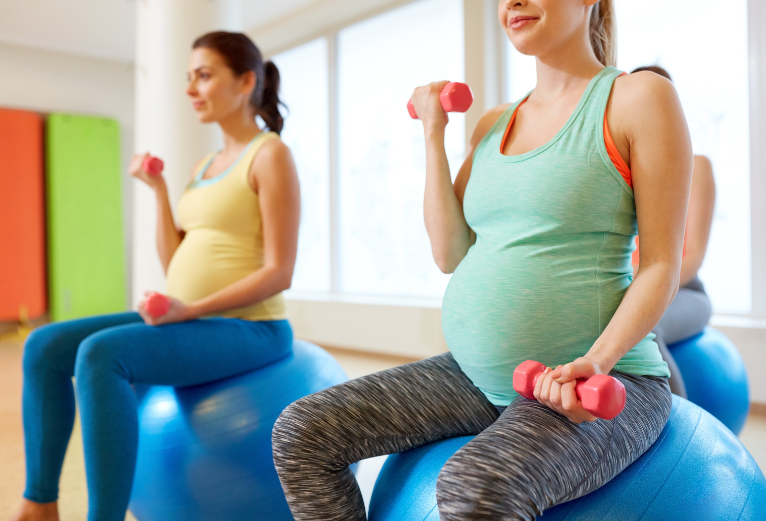
Journal insights
Find out more about the authors and research published in our family of journals with this roundup of videos and highlights.
Daily dose of intense exercise on cardiac responses
In this Physiology Shorts video, Dr. Robert Lakin of York University in Toronto, Canada discusses their recent paper published in The Journal of Physiology : The effects of daily dose of intense exercise on cardiac responses and atrial fibrillation.
Finding a tool to diagnose the overtraining syndrome in athletes
Carla Baker, an exercise physiologist at Nottingham Trent University, UK, tells us about her research to create an exercise stress test. The study, published in Experimental Physiology, shows how disturbances in the immune system could indicate when an athlete may be edging towards the negative states of overtraining.

How does dehydration affect sweat electrolyte concentrations during exercise
Researchers from the Gatorade Sports Science Institute, US, show how changes in sweat electrolyte concentrations during 90 minutes of exercise in the heat was not significantly influenced by mild dehydration. Find out more about the study published by Baker et al., in Physiological Reports.

Misuse of muscle boosting anabolic steroids could increase risk of heart disease
The authors of this paper, published in The Journal of Physiology, used a clinical analysis and mouse model to explore genetic mutations. They identified the key genetic changes that could increase the risk of developing electrical problems in the heart with taking anabolic steroids.

Structure and function of the mammalian muscle spindle
In this EPicks video, Dr Bob Banks, Department of Biosciences, University of Durham, UK, talks about muscle spindle and its structure and function. Discussing his Review Article published in Experimental Physiology : There and back again: 50 years of wandering through terra incognita fusorum.
Maternal exercise could be the key to healthy infants
Exercising during pregnancy could boost the metabolic health of the offspring. This article from researchers based at East Carolina University (US) found that maternal physical fitness could lower infant adiposity. Find out more about the research published by Jevtovic et al., in Physiological Reports.




